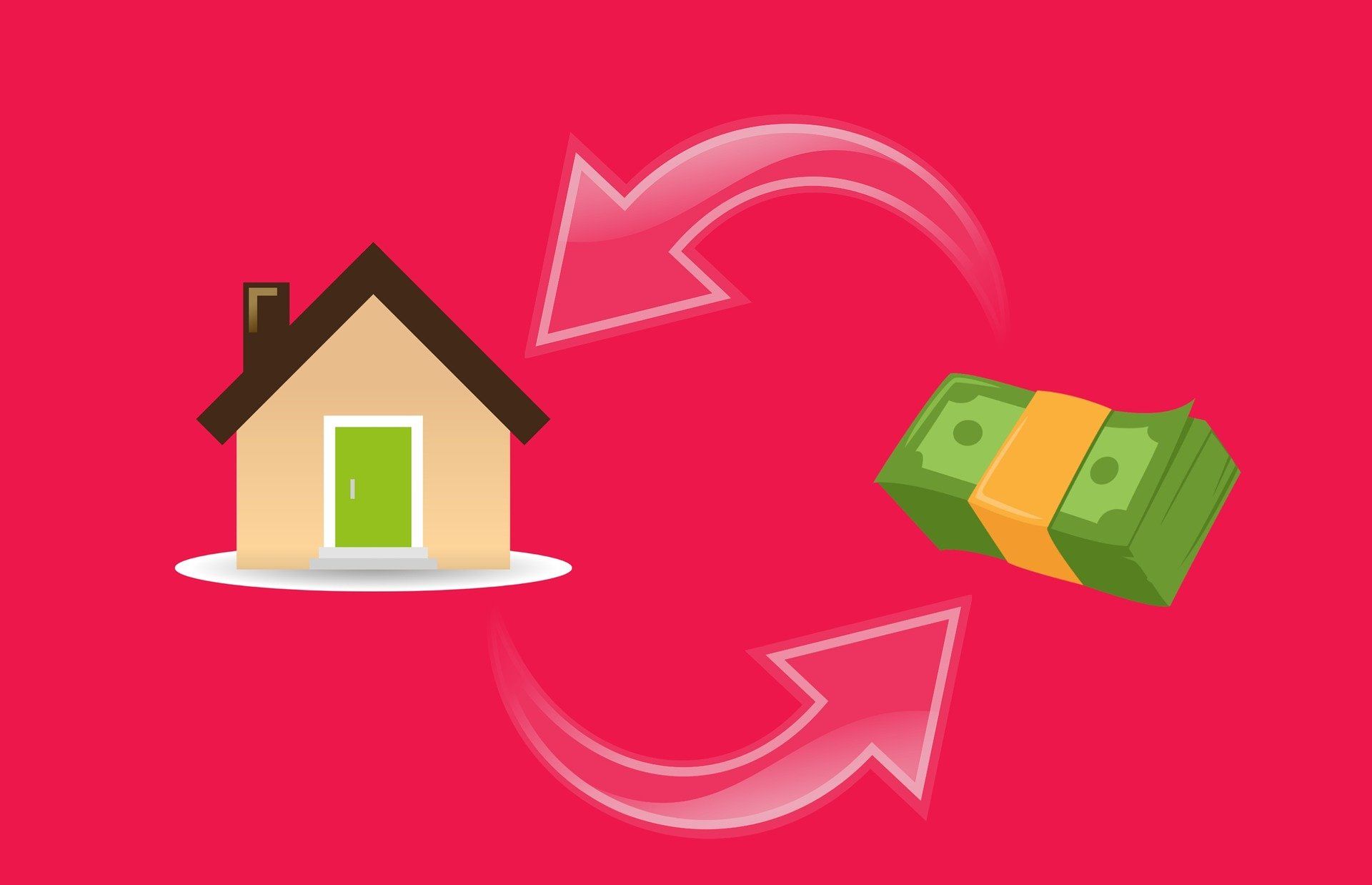The 10 Stages of Purchasing a New Home
Are you prepared for your home buying journey?

The Preparation Stages
List of Services
-
1. Check Your Credit Score
Your credit score will be one of the determining factors for interest rates, payment terms, and down payment requirements. Credit scores are rated based on a scale of 300 to 850, with 850 being as good as it gets. While you may still qualify for a loan with poor credit, we do advise you to bring your credit score up as high as possible to receive the most affordable rates.
According to Experian here are the ranges from very poor to exceptional.
- Exceptional 800 - 850
- Very Good 740-799
- Good 670-739
- Fair 580-669
- Very poor 300-579
Your minimum score requirements vary per the type of loan you are trying to qualify. For example:
- Conventional Loans typically require a minimum score of 620
- Jumbo Loans minimum of 700 or higher
- FHA Loans with 3.5% down payment minimum of 580 or higher
If your credit score is less than stellar, some lenders will consider your debt-to-income ratio. To be sure you have the best credit score possible when you begin your search you can get a free credit report to find out what your current credit score is, and if you have any outstanding debts to pay off.
-
2. Figure Out How Much House You Can Afford
There are two factors to consider when you want to figure out how much you can afford every month. The first one being your current debt-to-income ratio, which is also what your potential lenders will look at when determining how much they will approve for you. A common rule of thumb to follow is the 28/36 rule. Household expenses shouldn’t be more than 28% of your gross monthly income, and total household debt should be less than 36%. However many lender will allow a debt to income ratio up to 49%
-
3. Save For A Down Payment And Closing Costs
A down payment is an amount you pay when you make an offer to purchase. It’s typically anywhere from 3% - 20%, depending on the type of loan. First-time homebuyers programs offered through the government, employers, and even some non-profit organizations can help with this expense. One thing to keep in mind is that anything less than 20% will require you to pay for Private Mortgage Insurance, but you don’t want to break the bank with your down payment because you will also have moving expenses, taxes, and of course closing costs.
The closing costs are what you pay to process your home purchase and can be anywhere from 3% - 5% of your loan amount. Your lender should outline the breakdown of these fees in your loan estimate. It will be a combination of property-related fees, loan-related fees, property tax, homeowners insurance, and title fees. In some cases, the seller will pay, you can negotiate, or you can roll the closing costs into your loan, but this could also impact your monthly payments and interest rates.
Ready To Buy Stages
List of Services
-
4. Assemble Your Home Buying TeamList Item 1
Your home buying team is a group of professionals dedicated to helping you find and close on the house of your dreams. Not everyone on this list is necessary, but these are experts in their field of business who can help you in one way or another. Here is a list of the different types of players you may want to consider adding to your team.
- Real Estate Attorney - In some states, like California, a real estate attorney is optional. However, hiring one can protect your interests and rights, and even negotiate on your behalf should problems arise.
- Licensed Real Estate Agent - This person helps you find a home that’s right for you by showing you available properties that meet your needs and fits within your budget. They can act as a liaison between you and your potential seller.
- Mortgage Professional (Lender, broker, banker) - This person represents the financial institution that lends you money to purchase your new home. A direct lender and a banker will work with you directly to fund your loan, whereas a broker acts as a third party or middleman.
- Homeowners Insurance Agent - Most mortgage lenders will require you to have insurance coverage, even if the state does not require it. At least you gain peace of mind knowing your home and belongings can get repaired or replaced if there is damage or theft.
- Title and Escrow Company - The title company issues insurance policies and holds the deeds to the property. The escrow company attends to the opening, maintaining, and closing of a real estate transaction. While a title company can act as an escrow officer, each role serves a different purpose. An attorney can act as an escrow agent as well.
- Home Inspector - This person will provide you with a written report of any immediate or potential problems with the structure and components of a home. This report will help you avoid buying a home that will cost you more in the long run.
- Real Estate Appraiser - A professional appraiser determines the value of the property based on various factors about the home, such as exterior and interior conditions, amenities, safety or health code violations, and how it compares to similar properties nearby.
-
5. Get pre-approved and/or pre-qualified for a loanList Item 2
A pre-approval letter from your lender will provide you with negotiating power because it’s proof that you’ll be able to obtain financing, and mortgage prequalification can help determine how much you’ll be able to spend on a home.
There is a wealth of information required, but your lender will give you a list of specific needs, but to get started you’ll need to gather the following documents:
- Proof of income: Last two years of W-2 wage statements and tax returns, a month’s worth of paystubs that reflect year-to-date income, employment verification, and proof of any additional income.
- Proof of assets: Bank statements for checking and saving accounts, stocks, mutual funds, bonds, IRA/401K, certificates of deposit, and liquid assets such as property, artwork, jewelry, and anything that can get converted to cash in the case of an emergency.
- Proof of identity: Driver’s license, social security number, U.S. passport, and credit report.
- Declarations: Documentation of liens, past bankruptcies, foreclosures, pending lawsuits, outstanding debts, and current loans.
-
6. Find your dream homeList Item 3
There are a lot of factors to consider when you are searching for a property that meets your financial needs and suits your preferences, but knowing how much you can afford is the first step. Now you can look at things like neighborhood location, type of house, quality of schools, work commute, and renovation potential.
Making It Happen Stages
List of Services
-
7. Make an offerList Item 1
After spending weeks, maybe even months house hunting, touring one after the next, and finally, you’ve found the perfect home. Now, you and your real estate agent can decide what offer to make. The real estate agent will create your offer letter, which will include the amount you are willing to pay, your down payment, pre-approval letter, closing cost responsibilities/expectations, contingencies, and expiration date. They will send it to the selling party, at which point the seller will accept the offer, make a counteroffer, or decline the offer, and from here you can make negotiations based on your home inspection or appraisal.
-
8. Arrange for an appraisalList Item 2
An appraisal is a typical requirement from the lender to determine whether the asking price is appropriate for the value of the home and prevent you from paying more than what it’s worth. An appraiser will take into account various factors such as the condition of the property inside and out, the location, amenities, and square footage in comparison to the current market and similar properties in the area.
-
9. Perform a home inspectionList Item 3
You and your chosen home inspector will thoroughly examine the home for defects, damage, and critical issues that are current or could become potentially costly in the future. This report will help you determine whether it's worth it to invest in the property, negotiate with the seller, or continue looking for a better buy.
-
10. Finalize the purchase agreementList Item 4
Once you and the selling party agree on the offer, the final step is to sign a purchase agreement, which is a written contract between the buyer and seller stating they agree on all aspects of the transaction. This real estate contract will include specific details regarding price, terms, closing date, and more. Once signed, it will become a legally binding contract between you and the seller, so it’s best to have your real estate agent or attorney review everything before finalizing it.





